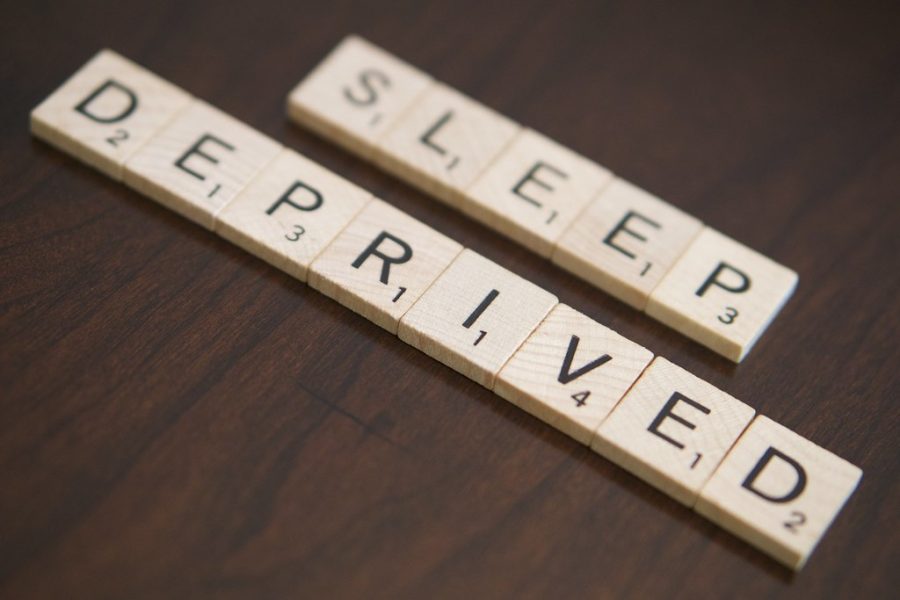Are You Getting Your 8 Hours?
January 11, 2021
Teens need about 8 to 10 hours of sleep every single night. However, many teens sleep for 6 to 7 or even less, and not getting enough sleep could lead to chronic sleep deprivation, which also affects learning. Remote learning, just like regular school hours, has been a great challenge for every teen, including from a sleep standpoint. Sleep is one of the most important things that you need in order to rest and recover. Not getting enough sleep can ruin your health; you are then more likely to develop obesity, heart disease, high blood pressure, and diabetes.
Many teens have insomnia because of stress and anxiety, school-related and otherwise. Admittedly, high school is a difficult period of life. We want to get good grades and create an individual space for ourselves. A lack of sleep only makes these challenges more difficult. According to the American Academy of Pediatrics (AAP), this has led many schools to start classes after 8:30. AAP studied the teenaged sleep cycle, which found that most teens go to sleep after 10:30 pm because of Circadian rhythms, the body’s natural 24-hour sleep-wake cycle. While teens need 8 to 10 hours of sleep every night, they especially need REM sleep, which is essential for rest. In the experiment, students received an extra 34 minutes of sleep, which gave the body a natural rhythm and put them on a good sleep schedule. It was also concluded that poor sleep can lead to an increased dependency on caffeine and other substances. There was a correlation between sleep deprivation and poor academic performance, as well as a risk of car accidents in teenagers.
To further my own understanding, I asked a few friends about their sleep patterns. Emmily Esquivel, Peyton Kroll, Hirva Soni, and Janvi Soni participated in my survey. Emily said that during finals, when her work load rose, she only got 3 to 5 hours of sleep; ordinarily, she gets 6 hours per day. Peyton, Hirva, and Janvi had a similar time; they sleep for about 6-7 hours. They all describe an anxiety associated with the lack of sleep, the stress of school, and the need to finish their work. (My own experience is much the same. I sleep about 6 hours almost every day, which I admit is not great.) One member of the group goes to sleep at 10:30, but for the rest of us, 12 am is more typical.
The group all agreed that school should start a bit later in order to help students catch up on sleep. We also agreed that we should have longer breaks in between classes, just to retain and understand the information we just learned and give our eyes and bodies a little break. There are many pros to it: more sleep means doing better throughout the day, getting better sleep according to our body sleep/wake cycles, and reducing the caffeine intake that many depend on. Ultimately, it means better grades, helping students to stay alert and boost their academic performance. Just as importantly, it means better health.
Many students’ sleep cycles have been even more irregular during the pandemic and remote learning because they don’t have to attend school in person. But sleep is important. Make sure that you’re getting quality sleep and enough of it. You might try to read and then sleep and wake in a regular routine that fixes your body’s Circadian rhythm.
